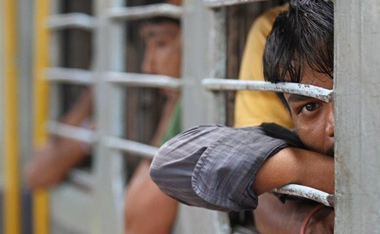
New Delhi, Mar 24: Passengers have been spared an immediate hike in rail fares, but a sustained spike in diesel price may prompt railways make travel more expensive over the next six months.
"There is a policy now and the fuel adjustment component (FAC) is linked with energy and fuel prices and calculated accordingly ... We insulated passenger segment from the FAC in April as we did not feel it was appropriate considering there was a fare hike in January only. Railways had to absorb Rs 800 crore on account of this," railway board chairman Vinay Mittal told a press conference on Saturday.
Given the recent hike in diesel prices, the fares may go up by another 2-3% if FAC is linked to the basic fare. Hike in fares would be politically sensitive given the looming assembly polls in Rajasthan, Delhi, Chhattisgarh and Madhya Pradesh.
An increase would impact over two crore daily passengers.
In line with the new policy, the government proposes to review FAC twice a year. FAC is the variable component in rail fares and freight rates which will move based on changes in diesel and electricity rates.
Besides diesel, the cost of power has also gone up in recent months, increasing the burden on railways.
In fact, a large part of the gain from the January hike, which was expected to net Rs 6,600 crore, has been wiped out because of increase in fuel prices.
And, the state transporter could only make an additional Rs 3,000 crore. Diesel prices have increased by Rs 10.80 per litre in the past few months.
An increase in fares is, however, not going to wipe out losses of around Rs 24,000 crore that railway incurs on passenger services as the segment is cross-subsidized by freight and more than half the expenses for the state transporter is pension and wage bill, which is pegged to inflation and could rise up to 10% given the current trend consumer price inflation.
Railways had gone for passenger fare hike across the board from January 22. In the last three months, it could earn additional revenue of Rs 1,200 crore.





Comments
Add new comment